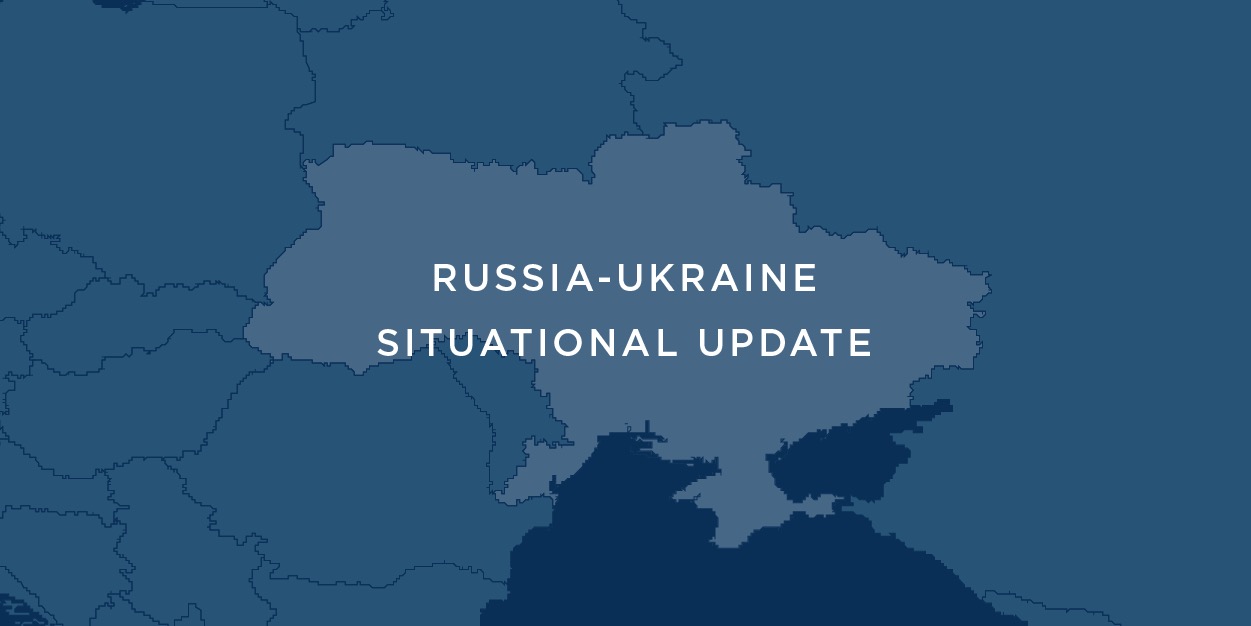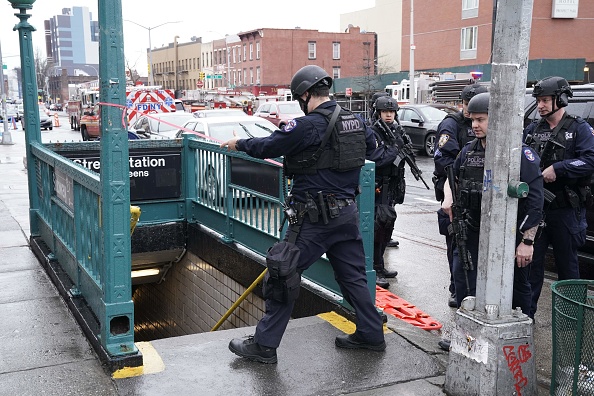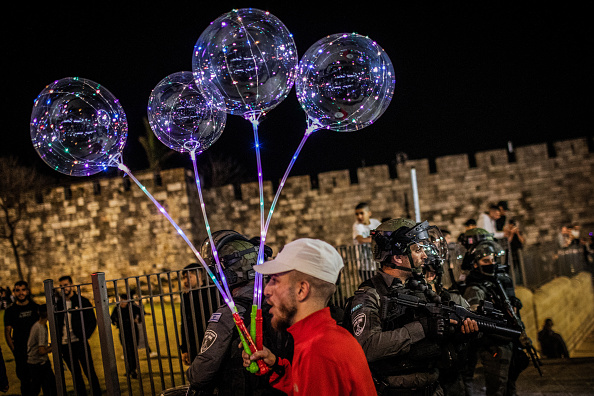Russian missiles targeted warehouses and railways in Lviv on 18 April to stall arms shipments from the West as the invasion enters its newest phase. Russia’s offensive is now centered on capturing the Donbas—the region in east Ukraine claimed by pro-Russian separatist republics—in time for Russia’s national Victory Day holiday on May 9. While artillery strikes south of Izyum have attempted to pave the way for Russian ground troops, entrenched Ukrainian forces in the region and poor coordination have so far slowed Russia’s advance.
Tactical Update
- Russian forces are capturing villages as they move south from Izyum toward the town of Slovyansk. Ukrainian forces are fortified in Slovyansk and the fight to take the city is expected to be intense.
- The root causes of poor coordination and low morale affecting Russian operations continue to impact Russian forces, suggesting that this newest offensive will be plagued with the same operational issues that impeded Russia’s offensives around Kyiv.
- On 18 April, Russian missiles struck targets in Lviv in the deadliest strike on west Ukraine since the start of the invasion. Russia cautioned in March that weapons shipments would present legitimate military targets, extending the threat of war far beyond the front lines in the east.
- Czech defense companies will repair Ukrainian military equipment that has been damaged or needs to be serviced in the newest announcement of defense collaboration between a NATO country and Ukraine. The risk that Russia will target infrastructure sending repaired Ukrainian military equipment back into the war and prompt a response from Czech officials is extreme considering the Russian military’s recent strikes against locations of suspected weapons shipments in western Ukraine.













